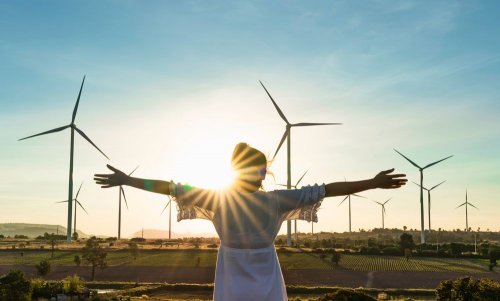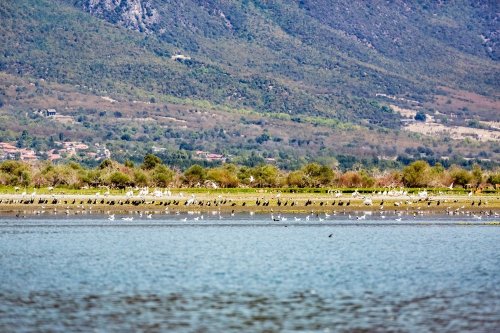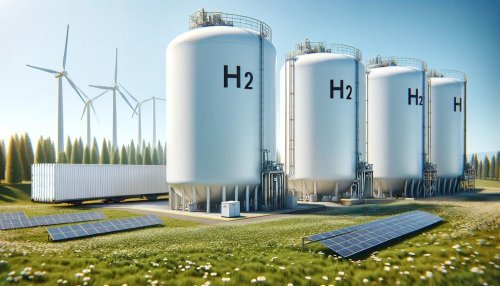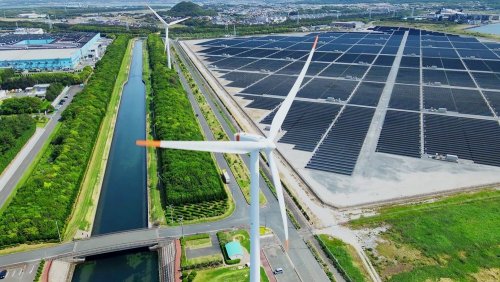The European Union has completed a reform that adds energy independence goals to the €800 billion coronavirus recovery fund.
The new targets under the REPowerEU plan are the bloc's response to Russia's incursion into Ukraine, and additional €20 billion in grants will be aimed at financing Russia's move away from fossil fuels, EURACTIV reports.
"The goal is to strengthen the EU's strategic autonomy by diversifying its energy supply and ending its dependence on Russian fossil fuel imports," the EU Council said in a statement.
The statement explains that member states will be able to add a new REPowerEU chapter to their national recovery and resilience plans. Governments must submit plans to Brussels before they can access loans and grants.
The material said that the REPowerEU plan is mainly focused on increasing the use of renewable energy sources. For example, solar roofs, measures to increase energy efficiency and energy storage have become mandatory in new buildings.
One of the officials of the European Commission said that 37% of expenses from the fund should go to green projects. Another third of the costs should be allocated to cross-border projects, in particular on RES and energy efficiency, because they increase the reliability of supply.
The article emphasized that EU member states will be able to send their updated national recovery plans with REPowerEU chapters by April 30. It is necessary that the revised plans enter into force by the summer.
The REPowerEU plan also includes around €10 billion to finance missing gas infrastructure and up to €2 billion for oil infrastructure, it said.
An official from the European Commission explained that the costs will be accompanied by a number of restrictions. For example, fossil fuel infrastructure cannot account for more than 30% of REPowerEU's total expenditure.
He emphasized that for almost all countries, the fossil fuel infrastructure involves only gas. However, Hungary, the Czech Republic and Slovakia will be able to finance oil infrastructure due to their direct dependence on Russian oil.
“For gas infrastructure, additional requirements have been added to ensure that EU spending directly addresses security of supply issues. Acceptable projects must contribute to the security of regional supply and be operational by 2026," the official said.
It is noted that there will also be additional grants – €20 billion – to finance the abandonment of Russian fossil fuels. 60% of the amount will come from the Innovation Fund, and 40% from the initial carbon emission quotas.
The article said €5.4 billion is being diverted from the EU's Brexit adjustment reserve to finance REPowerEU's goals.
The official stressed that EU countries have one month to indicate whether they want to receive the €225 billion in loans available under REPowerEU. Such terms will help redistribute the loans of member states that are not interested in them among other bloc countries.
Earlier, EcoPolitic wrote, that on May 18, 2022, the European Commission presented the REPowerEU plan for the transition to renewable energy sources and the abandonment of energy resources from Russia.
As EcoPolitic previously reported, the German government has developed a three-stage plan to increase the production capacity of green energy and electrical networks in the country and Europe.





